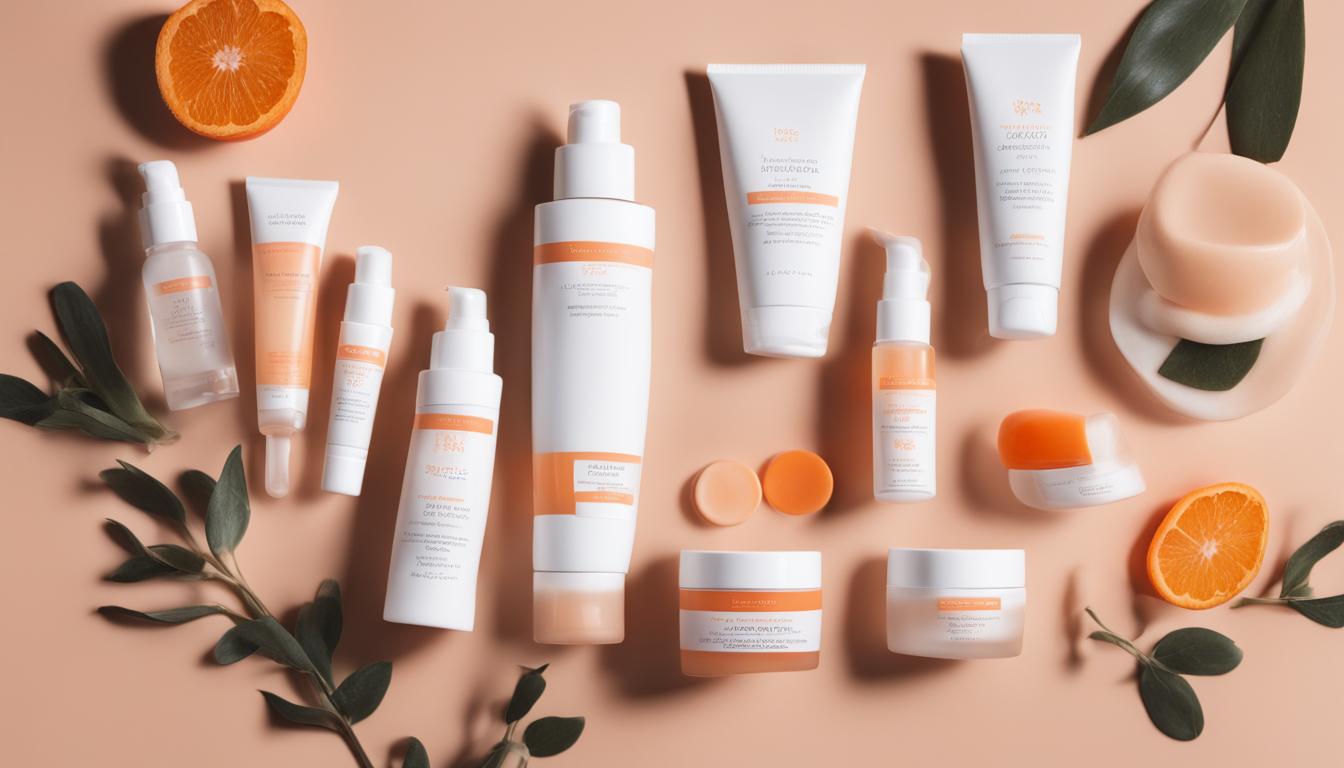Rosacea is a longstanding and common skin condition primarily characterized by facial redness, visible blood vessels, and occasionally, small red pus-filled bumps. It primarily affects individuals with lighter skin tones, although those with darker skin might sometimes misinterpret the symptoms, as described by Dr. Sach Mohan from Revere Clinics. Dr. Ifeoma Ejikeme from Adonia Medical Clinic explains that rosacea manifests in various forms: Erythematotelangiectatic rosacea features flushing and persistent redness; Papulopustular rosacea resembles acne; Phymatous rosacea leads to thickened skin, especially around the nose; and Ocular rosacea affects the eyes, causing irritation and swollen eyelids.
The exact cause of rosacea remains unknown, but common triggers include extreme temperatures, intense exercise, certain skincare products with alcohol or fragrance, stress, and sun exposure. Effective management involves avoiding known triggers, adopting a gentle skincare routine, and using sun protection daily. Dr. Ejikeme advises using mild, non-foaming cleansers, moisturizers with soothing ingredients like niacinamide and ceramides, and mineral-based sunscreens. For treatment, doctors may prescribe medications such as azelaic acid, metronidazole, or ivermectin, usually incorporated into the evening skincare routine after cleansing and moisturizing.
In a review of anti-redness products, The Independent's shopping experts highlighted several effective options, including the Ren evercalm redness relief serum, La Roche-Posay rosaliac micellar makeup removal gel, and Clinique redness solutions daily relief cream. These products are noted for their capability to soothe and calm redness-prone skin, offering relief from irritation and enhancing the skin barrier function.
